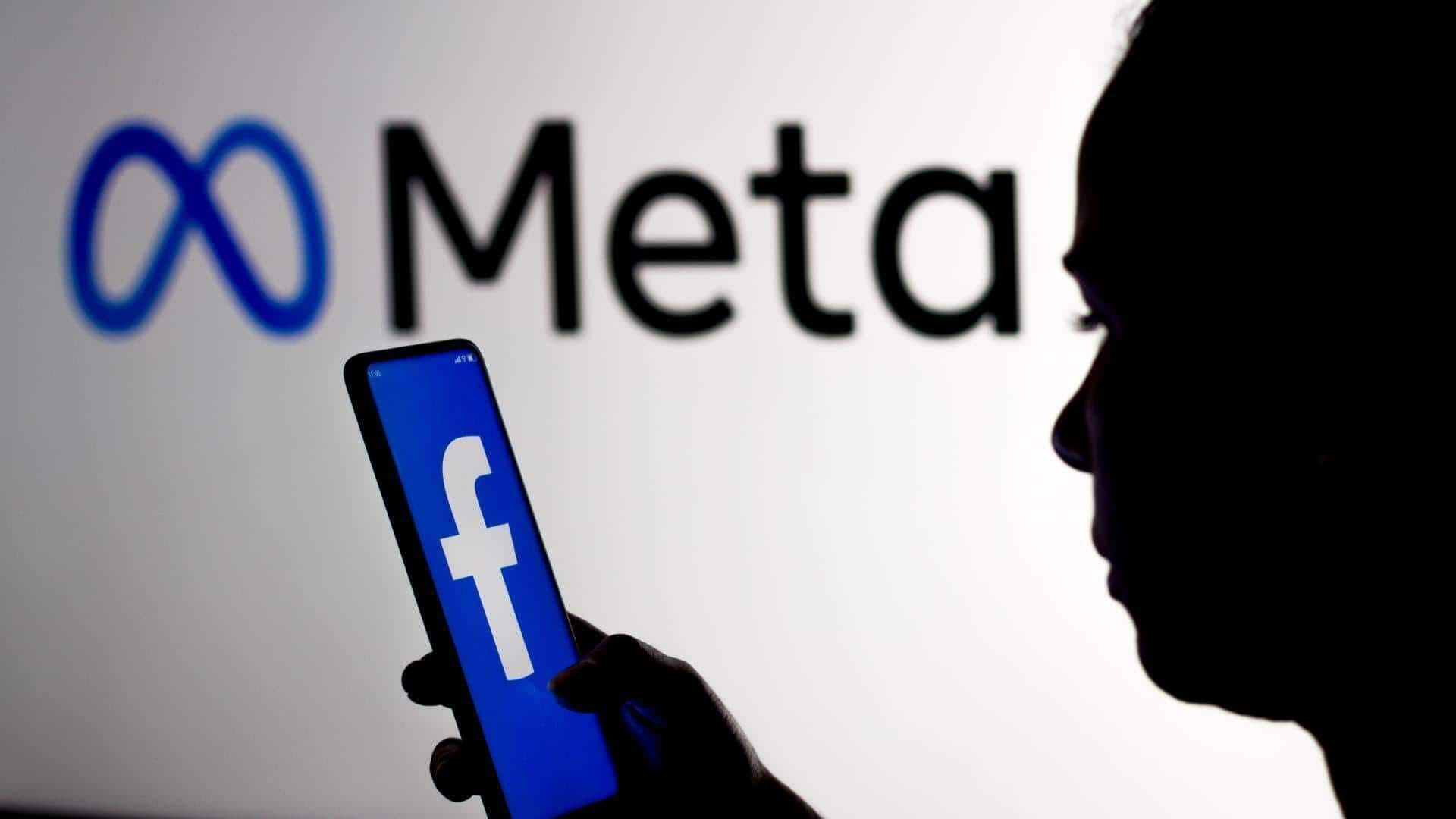
Meta reintroduces facial recognition on Facebook, Instagram to fight scams
What's the story
After a break of more than three years, Meta is bringing back facial recognition technology to its platforms, Facebook and Instagram. The move comes as part of the company's efforts to fight "celeb-bait" scams and help users who have lost access to their accounts. The first test will be aimed at identifying fraudulent advertisements that misuse images of celebrities or public figures.
Functionality
How will the technology work?
The facial recognition tech will compare faces in suspected scam ads with those in the Facebook and Instagram profile pictures of public figures. If a match is confirmed and the ad is deemed fraudulent, it will be blocked. The feature has already been introduced to a select group of celebrities and public figures, with plans for wider implementation in the coming weeks.
Account security
Meta's facial recognition to aid in account recovery
Along with fighting scams, Meta is also testing facial recognition tools for account recovery on Facebook and Instagram. The company is testing a "video selfie" feature, which would let users upload a video of themselves for verification against their profile photos when locked out of their accounts. The tool will also be used in cases where an account compromise is suspected, to prevent unauthorized access using stolen credentials.
Privacy assurance
Meta's commitment to data privacy
Meta has assured that all facial data used for comparisons will be "immediately deleted" and not used for any other purpose. The features are optional, but celebrities will need to opt out of the scam ad protection rather than opt in. This could potentially attract criticism from privacy advocates, considering Meta's controversial history with facial recognition technology.
Limited availability
Meta's facial recognition won't be available everywhere initially
Notably, the new facial recognition tools won't be available at the onset in Illinois or Texas, nor to users in the UK or EU. Monika Bickert, VP of content policy at Meta, said talks are underway with regulators in these regions. However, a Meta spokesperson has said plans are afoot to bring this tech to the world by 2025.